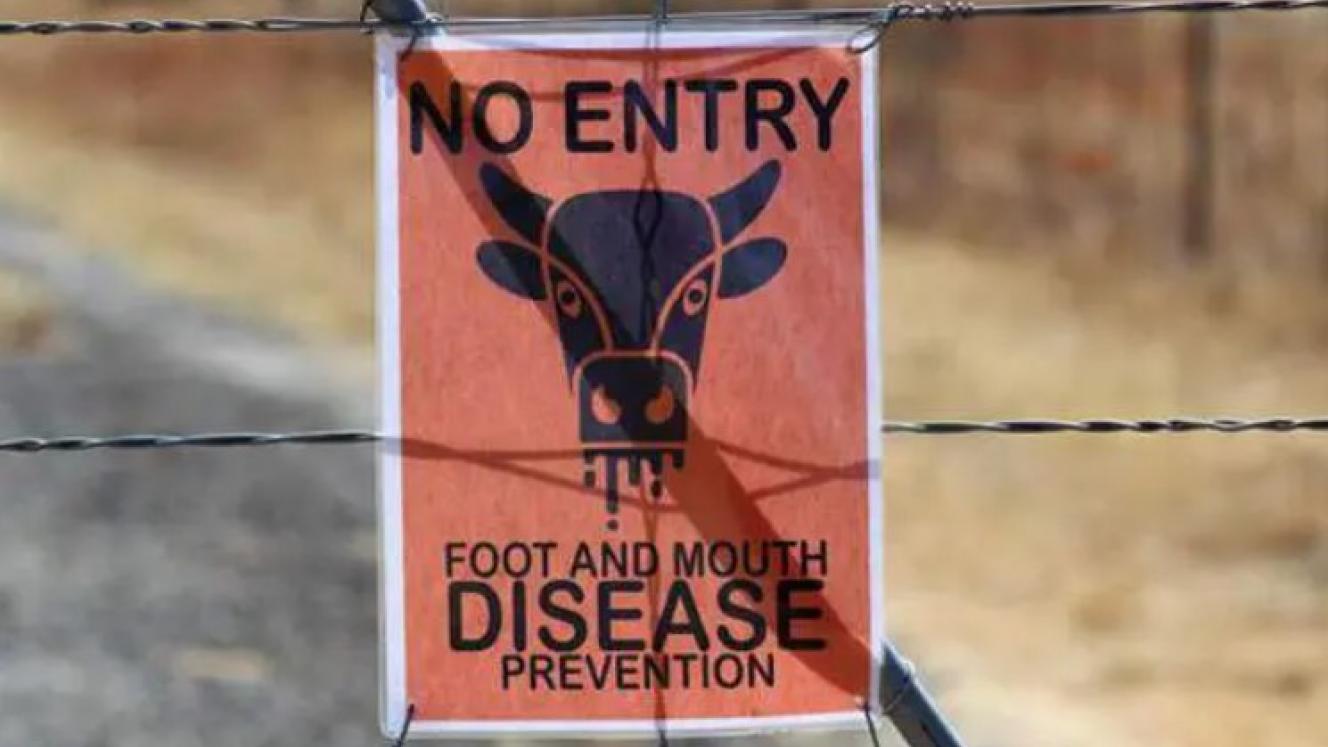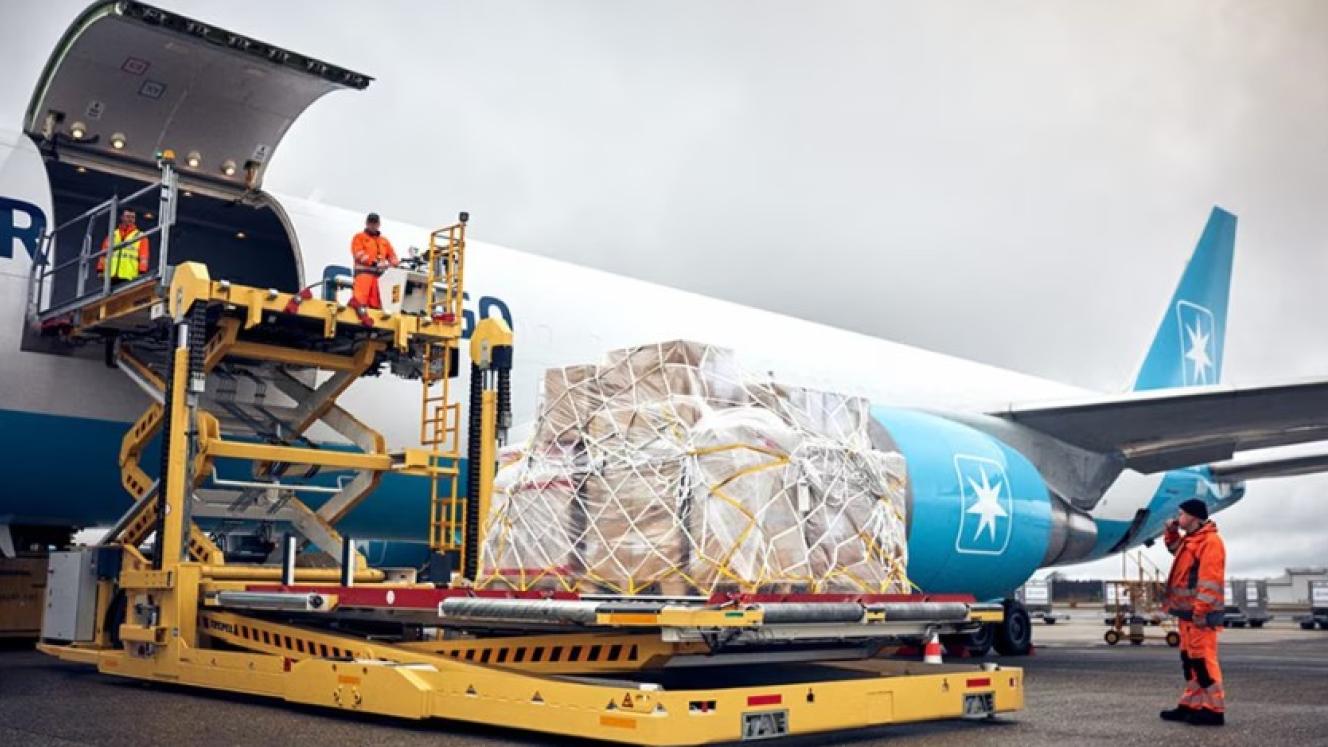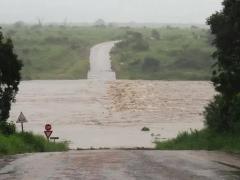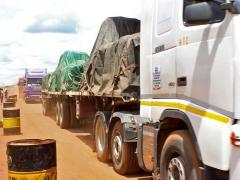Agriculture minister John Steenhuisen has called for urgent and proper regionalisation of South Africa’s disease control framework, amid ongoing challenges posed by widespread foot-and-mouth disease (FMD) outbreaks.
“Every credible trading nation in the world understands the principle of regionalisation, that an outbreak in one part of a country should not result in blanket trade restrictions for the entire nation,” Steenhuisen said.
He made the call during the Foot-and-Mouth Disease Indaba that is under way at the ARC-VIMP Campus in Roodeplaat, northeast of Pretoria.
This comes as the country is experiencing challenges with widespread outbreaks of FMD affecting KwaZulu-Natal, Mpumalanga, Gauteng and the Free State. The resurgence of the disease has resulted in livestock movement restrictions and has also significantly impacted the country’s red meat trade on international markets.
Steenhuisen said South Africa was falling behind in establishing, certifying, and maintaining internationally recognised disease control zones. He said the failure to regionalise was not due to a lack of veterinary science but institutional coordination, legal clarity, and capacity.
“It is unacceptable that South Africa takes years to respond to import health questionnaires, delays that have cost us market access and weakened our negotiating position. This is not a regulatory issue, it is a capacity issue and we are taking steps to fix it,” Steenhuisen said.
He announced the appointment of two senior veterinarians, Dr Emily Mogajane and Dr Nomsa Mnisi, to lead the development of a comprehensive national regionalisation framework.
Their work will focus on:
• Defining and operationalising regional disease zones for all major livestock sectors, in consultation with industry.
• Supporting provinces to assume their responsibilities as prescribed in the Animal Health Act, 2002 (Act No.7 of 2002), aligning disease control with our Constitutional division of powers.
• Strengthening interdepartmental capacity to process export and import applications swiftly and credibly.
Steenhuisen also called for stronger public-private partnerships to improve vaccine security, particularly for controlled animal diseases.
He urged the livestock industry, especially red meat, dairy, and game sectors, to co-finance vaccine procurement.
“This does not mean you will manage the vaccines or the cold chains. But it does mean that, like in other agro-industries, we establish structured partnerships that ensure we are not caught unprepared again,” Steenhuisen said.
He pointed to a recent breakdown in vaccine availability during the FMD outbreak as the national vaccine bank was depleted and the production cycle was misaligned with outbreak realities.
“Most notably, Onderstepoort Biological Products (OBP) currently lacks the infrastructure to produce FMD vaccines at the scale and speed required to respond to outbreaks.
“As a result, we were compelled to import vaccines from Botswana, to mount even a partial response. This situation is unsustainable for a country with South Africa’s livestock footprint and export ambitions.”
Steenhuisen said government was establishing OBP but warned this would take time.
In the interim, he said efforts were under way to secure vaccine imports and establish forward-looking supply contracts to ensure minimum stock levels of FMD and other priority vaccines, “before the next outbreak, not after”.
However, he added that the government could not do this alone and urged the industry to invest.
“If you want predictability, you must also invest. The time has come to build a nationally managed but jointly funded vaccine bank, not only for FMD, but for lumpy skin disease, brucellosis, Rift Valley Fever, and all other controlled diseases affecting trade and production.” – SAnews.gov.za













